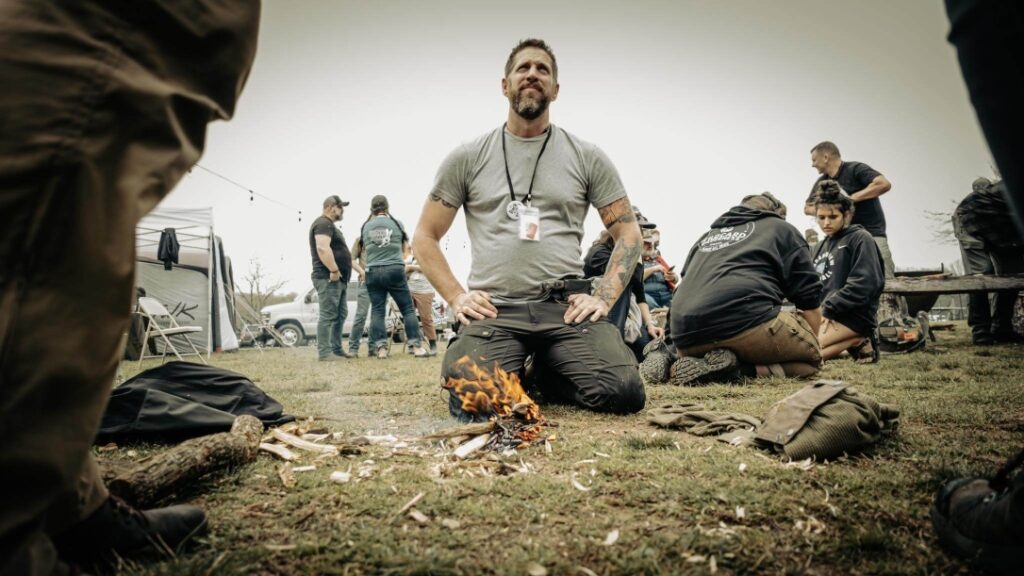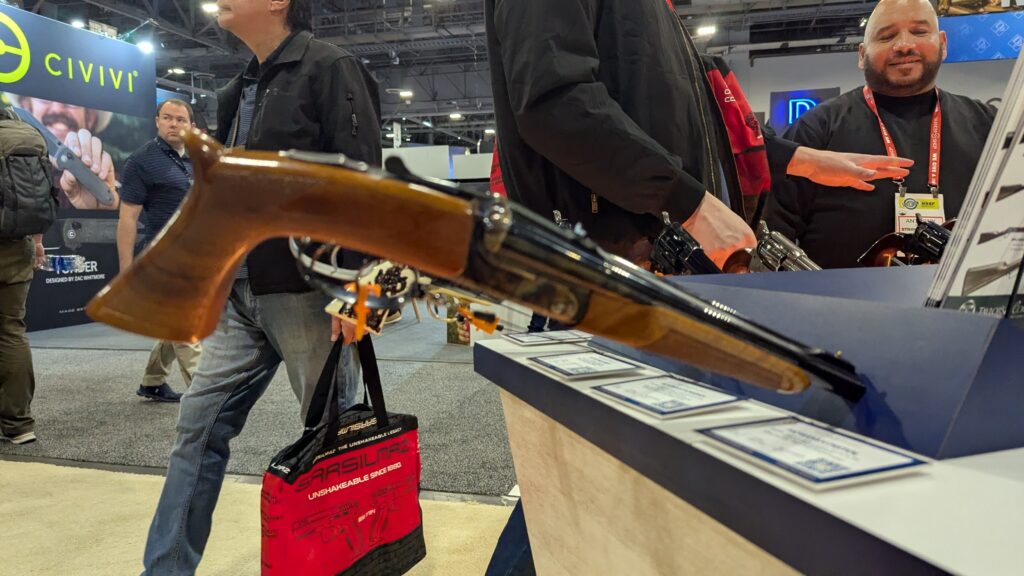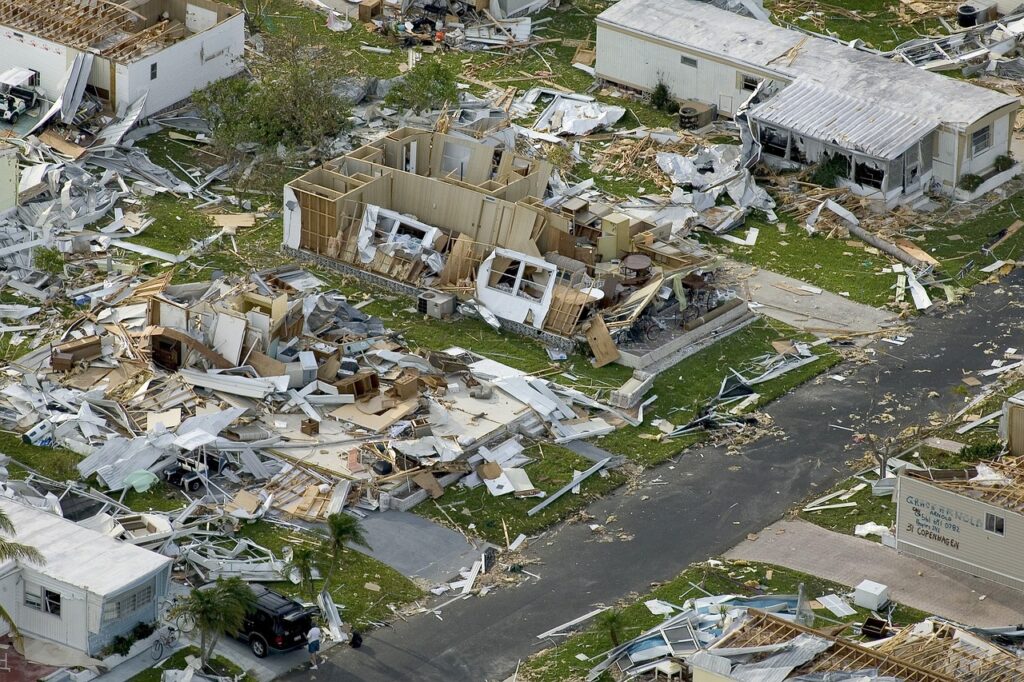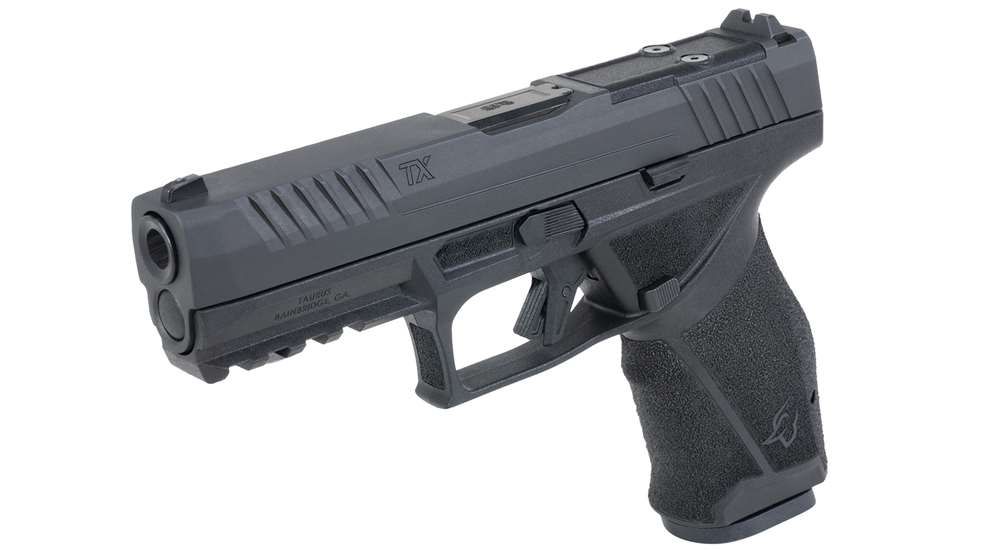Let’s be honest. We carry guns because we recognize that there is a risk of criminal predation that we want to defend ourselves against. But being the target of violence isn’t the only risk that can have a major impact on our lives. Not only that, but not all risks carry the same consequence. So, how do you prioritize them and their respective mitigation strategies? This focus on risk management will provide a guideline for doing just that.
I think that one thing the firearm community does poorly is hyper-focus on some of the lowest probability events.
Why? Because the shooting performance is measurable and provides immediate feedback, and that sense of accomplishment is the dopamine hit.
Advertisement — Continue Reading Below
The flip side of that coin is that doing an effective Risk Assessment requires you to be objective, critical, and vulnerable with yourself, and you have to envision yourself LOSING. That’s uncomfortable.
It’s critical that you don’t gloss over all the more probable, but somewhat lower consequence risks to ONLY focus on the worst-case scenarios that happen to be fun to practice.
Have you done an exercise like this? Will you?
Advertisement — Continue Reading Below















